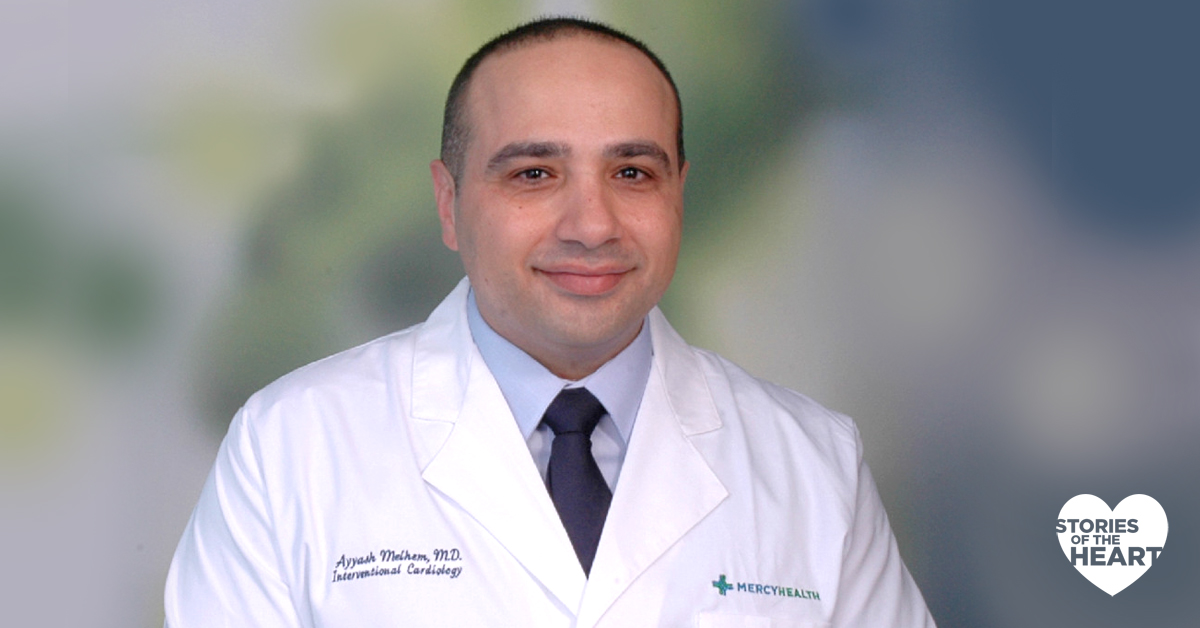Did you know that emotional heartbreak can cause cardiac complications? Learn more about preventing broken heart syndrome.
Most people think of a “broken heart” as an expression used when suffering an emotional or physical loss. However, in addition to these effects, the results of breaking up with a significant other or losing a loved one can also cause cardiovascular issues through an illness known as broken heart syndrome.
Broken heart syndrome, also known as acute stress-induced cardiomyopathy or takotsubo cardiomyopathy, is a temporary heart condition that can be brought on by stressful situations, a serious physical illness or surgery. Although both men and women can develop broken heart syndrome, women are more likely to experience it.
Broken heart syndrome’s most frequent symptom is sudden, intense chest pain. Symptoms also include shortness of breath and chest pain, which occur as a result of the traumatic event. Patients with broken heart syndrome can experience a temporary disruption of the heart’s normal pumping function. However, the remainder of the heart functions normally or with more forceful contractions.
Because these symptoms are similar to those of a heart attack, many people with broken heart syndrome think they are having a heart attack and go to the emergency room. However, when the emergency room doctors perform diagnostic tests, the results don’t show damaged heart tissue.
How can I avoid developing broken heart syndrome?
The good news is that symptoms of broken heart syndrome are often treatable. With proper treatment, the condition typically reverses itself within a matter of days.
Taking self-care time can help relieve your stress after a traumatic event. Treating yourself to a massage, taking a mental health day from work or going to dinner with a friend can all help.
What are symptoms of a heart attack?
If you think you may be having a heart attack, we encourage you to treat all symptoms seriously. If you experience one or more symptoms below, call 911 and visit the emergency room right away.
• Chest pain
• Squeezing, uncomfortable pressure or pain in the center of your chest
• Pain in one or both of your arms, stomach, jaw, neck or back
• Shortness of breath
• Nausea, vomiting, lightheadedness or breaking out in a cold sweat
Learn more about the symptoms of a heart attack here.
Scheduling a physical with your primary care physician can help you better understand your heart health. Mercy Health offers a full range of cardiovascular services — from nutrition and counseling to cardiac surgery. Call 513-952-1500 or visit mercy.com to find a doctor near you today.






